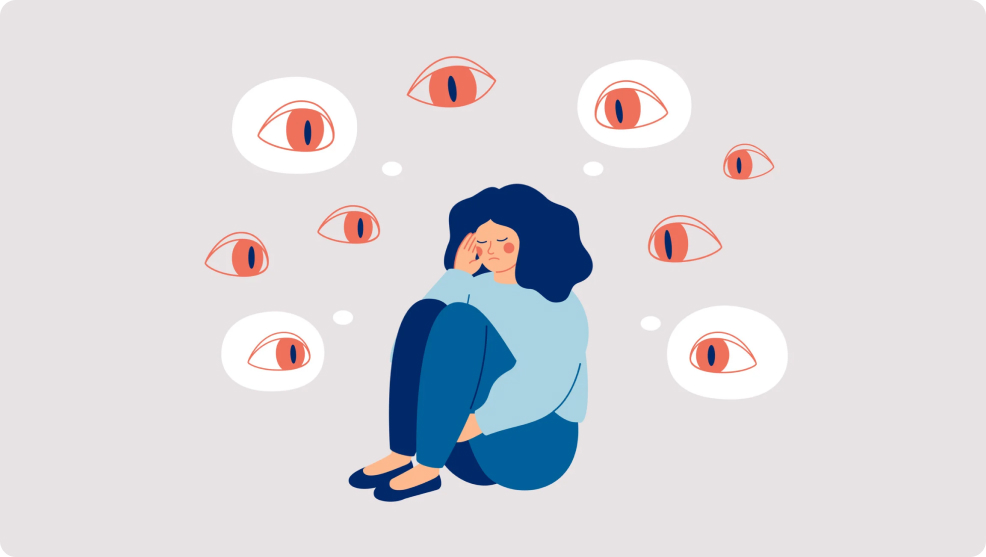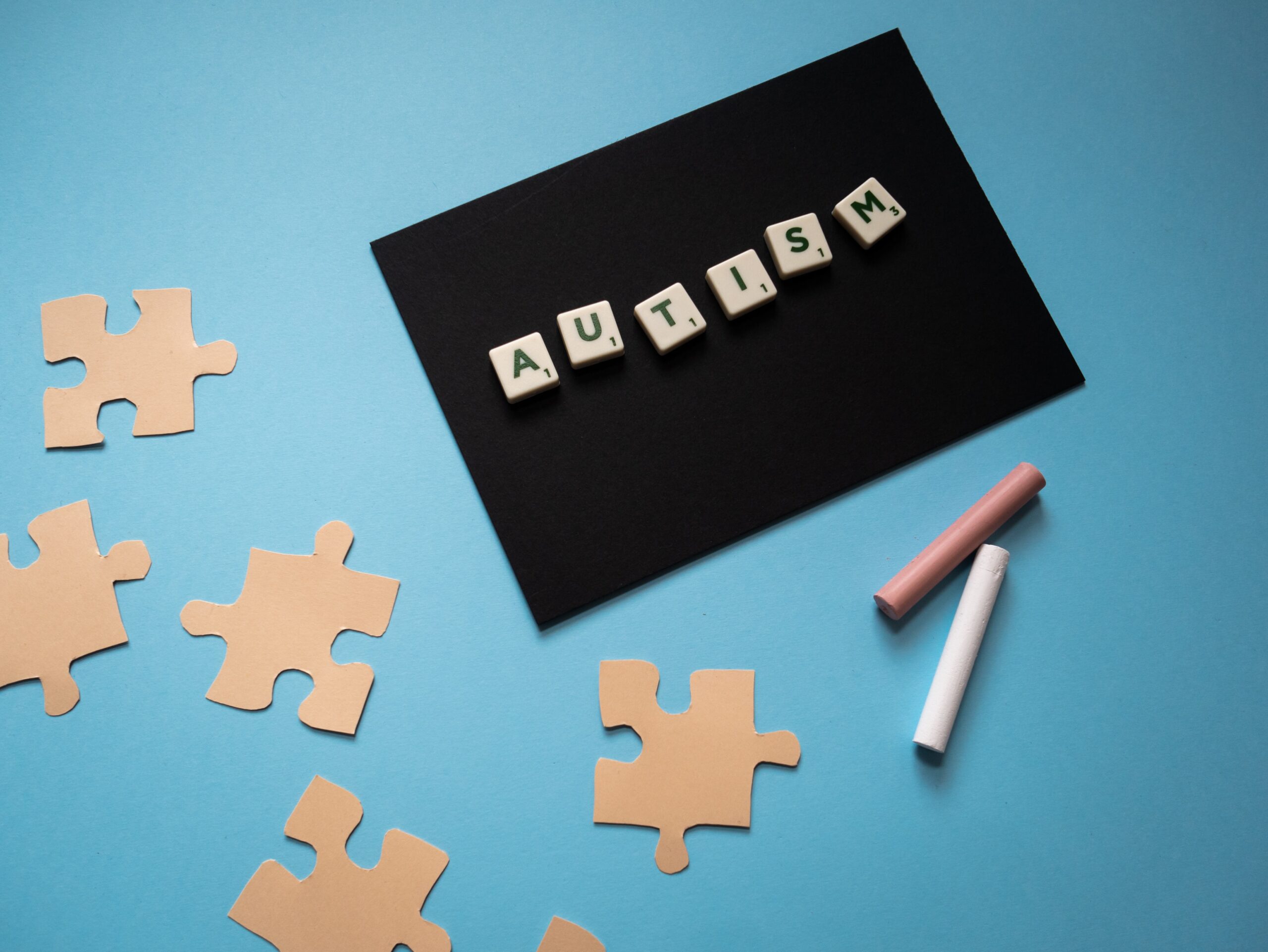Autism Spectrum Disorder (ASD) is a developmental disorder that affects how a person perceives and interacts with the world around them. It is a complex condition that varies widely, with symptoms manifesting differently across children, adolescents, and adults. Here, we will explore the symptoms of autism spectrum and address common questions people have about the disorder at each stage of life.
Symptoms of Autism Spectrum Disorder
ASD encompasses a range of symptoms that can impact communication, social interaction, and behavior. These may include:
Communication and Social Interaction:
- Difficulty maintaining eye contact or understanding non-verbal cues.
Limited or repetitive speech patterns. - Difficulty initiating and maintaining conversations or relationships.
- Difficulty understanding emotions or empathizing with others.
- Preferential attachment to routine or repetitive behaviors.
Sensory Sensitivities:
- Heightened sensitivities to sounds, lights, textures, or certain tastes.
- Strong reactions to sensory stimuli, such as avoiding touch or certain clothing materials.
Repetitive Behaviors and Restricted Interests:
- Engaging in repetitive movements like rocking, hand flapping or spinning.
- Focusing intensely on specific interests while showing limited interest in others.

Symptoms of Autism in children
In younger children, ASD symptoms may be more apparent and can become noticeable as early as 18 months.
Parents may observe the following signs:
- Delayed or absent speech and language development.
- Lack of response to their name being called.
- Preference for solitary play and difficulty engaging in pretend play.
- Unusual reactions to sensory stimuli, such as covering ears or avoiding touch.

Symptoms of Autism in adolescents
During adolescence, individuals with ASD might face unique challenges that emerge due to changes in social dynamics and increased independence:
- Struggling to navigate social situations and maintain friendships.
- Developing intense interests in specific topics and becoming highly knowledgeable in those areas.
- Difficulties with executive function skills, such as organization and time management.
- Experiencing heightened anxiety due to increased environmental demands.

Symptoms of Autism in adults
While ASD is typically diagnosed in childhood, some individuals may go undiagnosed until adulthood. Symptoms can vary widely, and individuals may develop compensatory mechanisms over time:
- Difficulties with social relationships and maintaining friendships.
- Challenges with managing employment or educational settings.
- Heightened sensory sensitivities or aversions.
- Mental health conditions like anxiety, depression, or obsessive-compulsive disorder can often co-occur.
Common Questions and Answers
1. Can autism be cured?
Currently, there is no known cure for autism spectrum disorder. However, early interventions and tailored support can significantly improve outcomes and enhance quality of life.

Understanding the symptoms of autism spectrum disorder and how they differ across age groups plays a vital role in early identification, intervention, and support. By promoting awareness and acceptance, we can foster a more inclusive society that enables individuals with ASD to reach their full potential.



